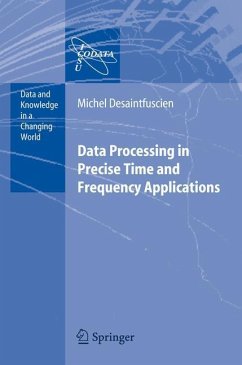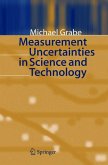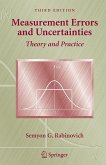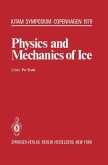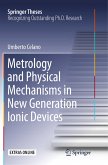Physical processes, involving atomic phenomena, allow more and more precise time and frequency measurements. This progress is not possible without convenient processing of the respective raw data. The book describes the data processing at various levels: design of the time and frequency references, characterization of the time and frequency references, applications involving precise time and/or frequency references.The metrological properties stability, accuracy and reproducibility are defined and the processes leading to their characterization are shown. The various aspects of the variance of the frequency fluctuations are discussed and compared and their significance is given.
Some major applications of the best frequency and time standards are finally discussed. The way the extreme precision of these sources is used to obtain precise time and position information is shown: Time scales, used to describe every human and physical activities, such as astronomy, physicallaws, etc.; Positioning systems, such as GPS; Very long base interferometry (VLBI).
Some major applications of the best frequency and time standards are finally discussed. The way the extreme precision of these sources is used to obtain precise time and position information is shown: Time scales, used to describe every human and physical activities, such as astronomy, physicallaws, etc.; Positioning systems, such as GPS; Very long base interferometry (VLBI).

